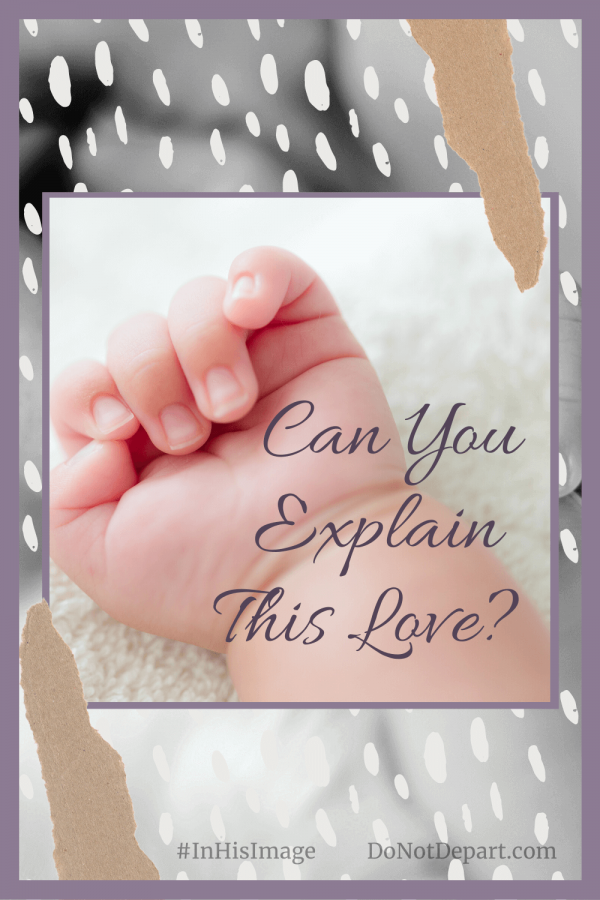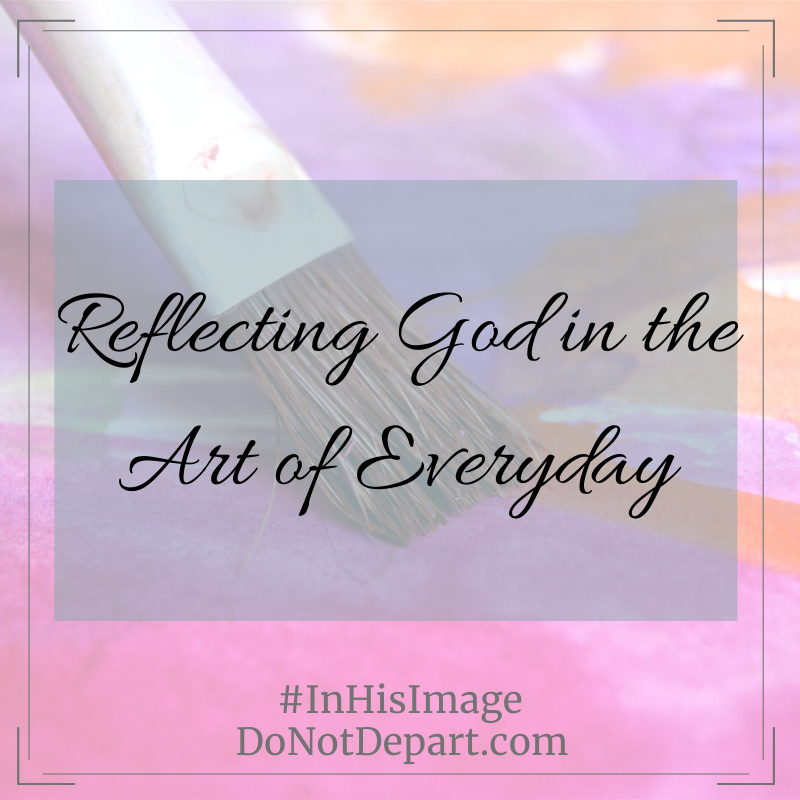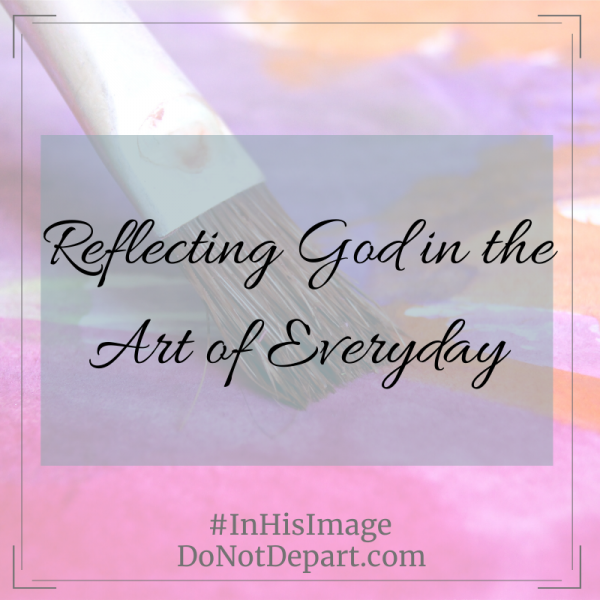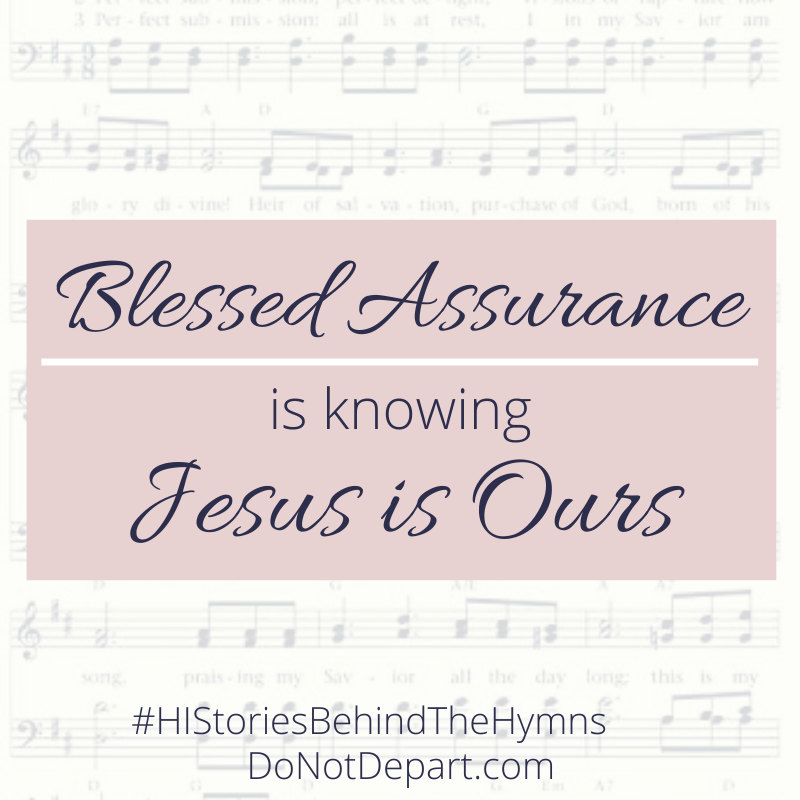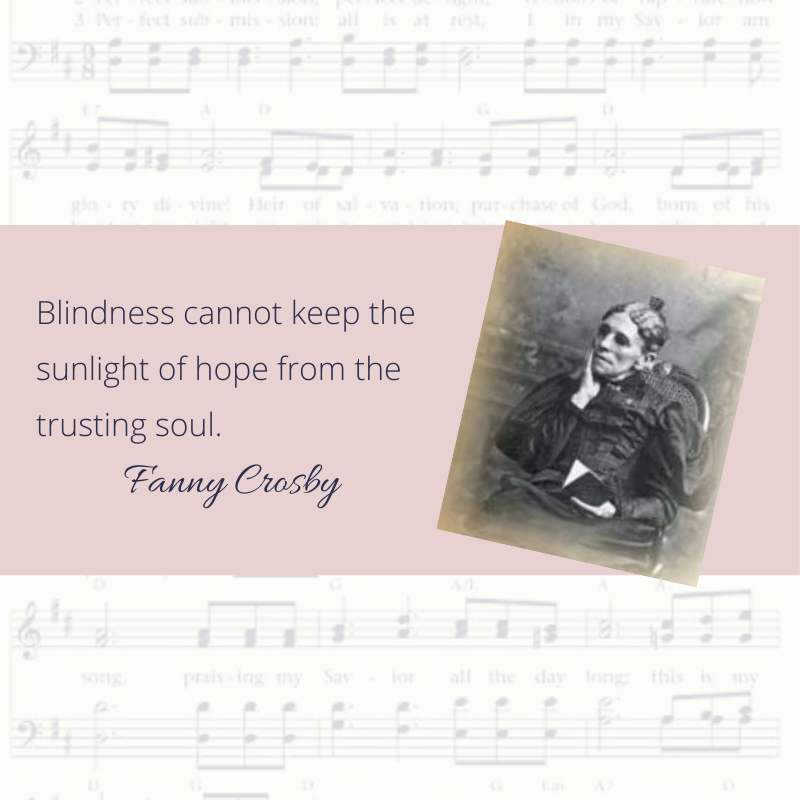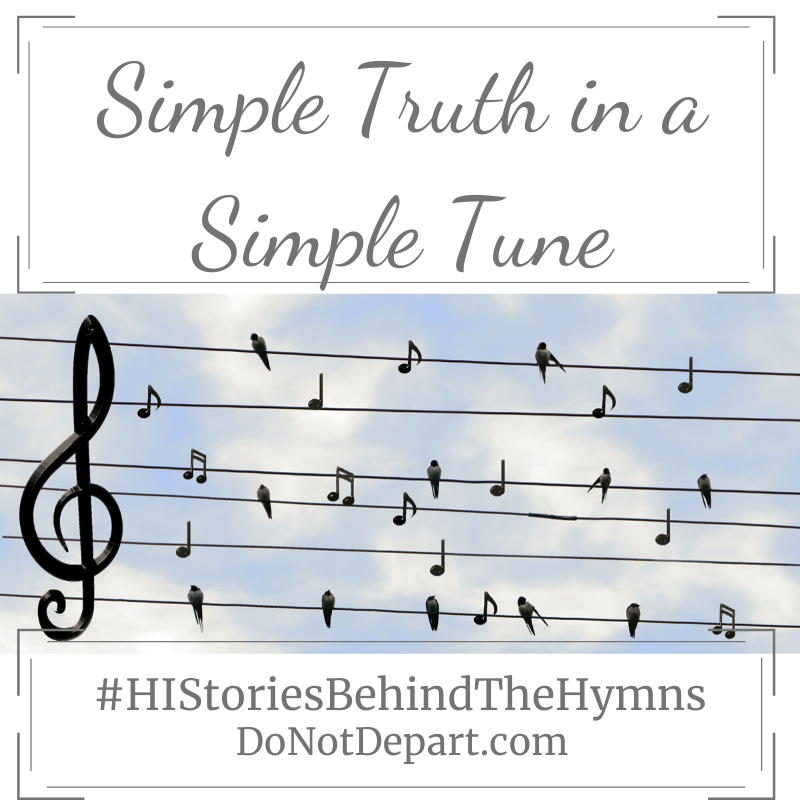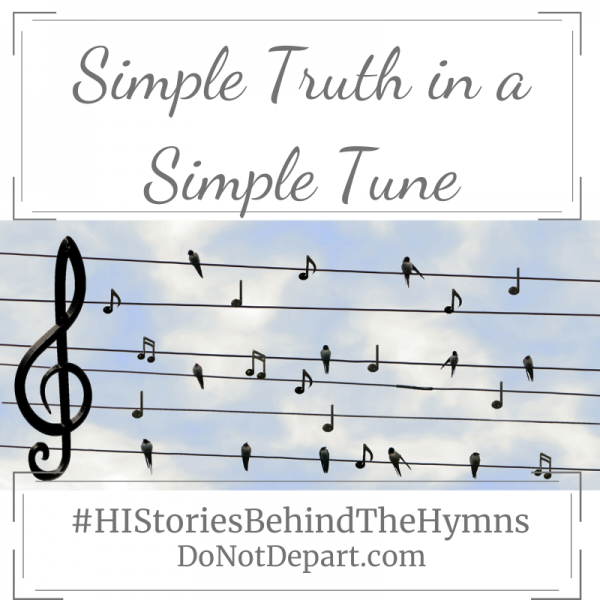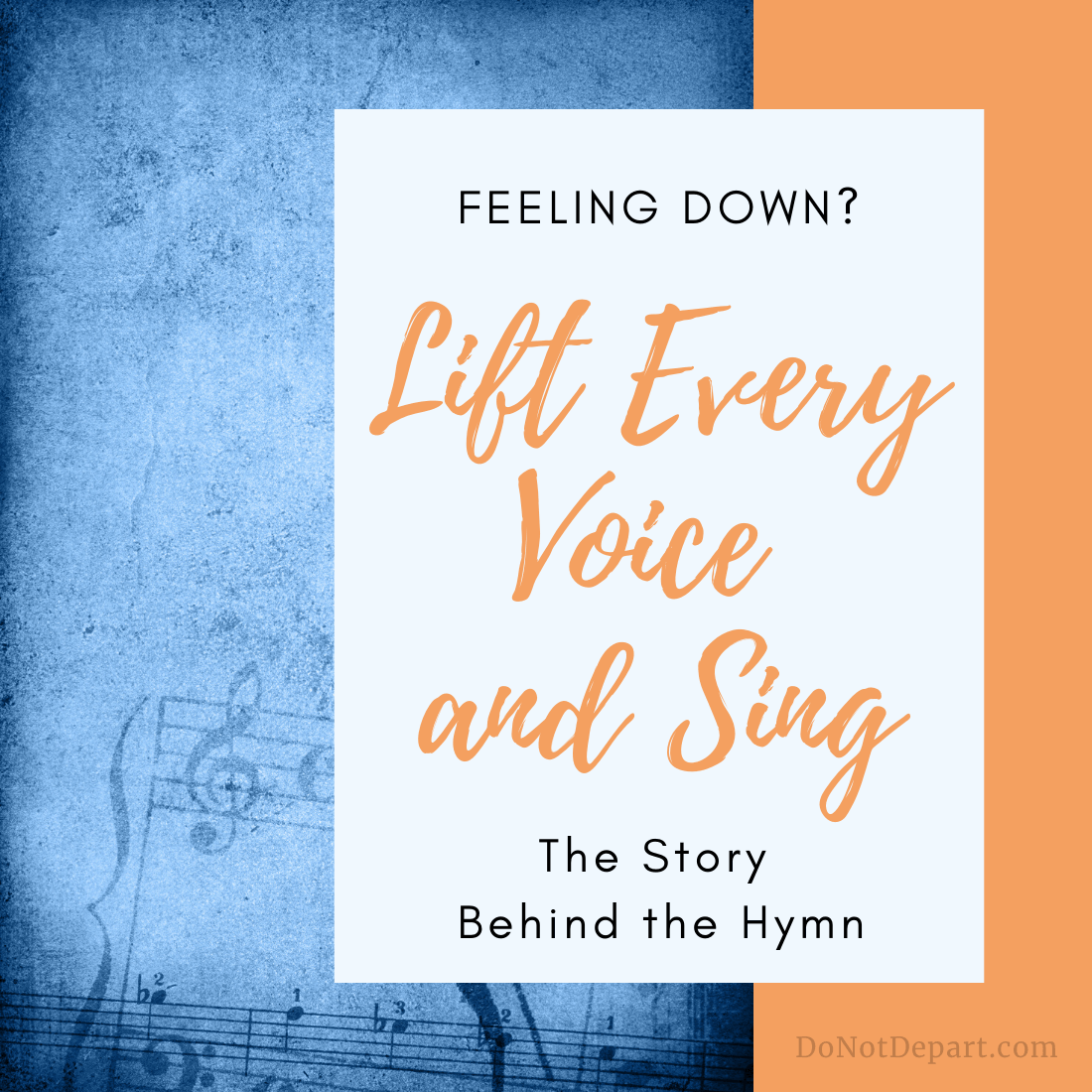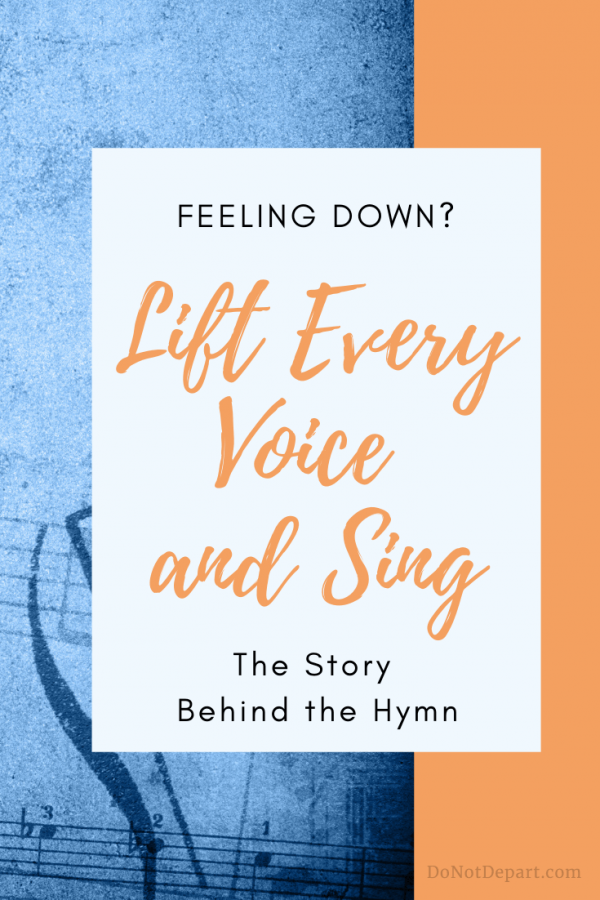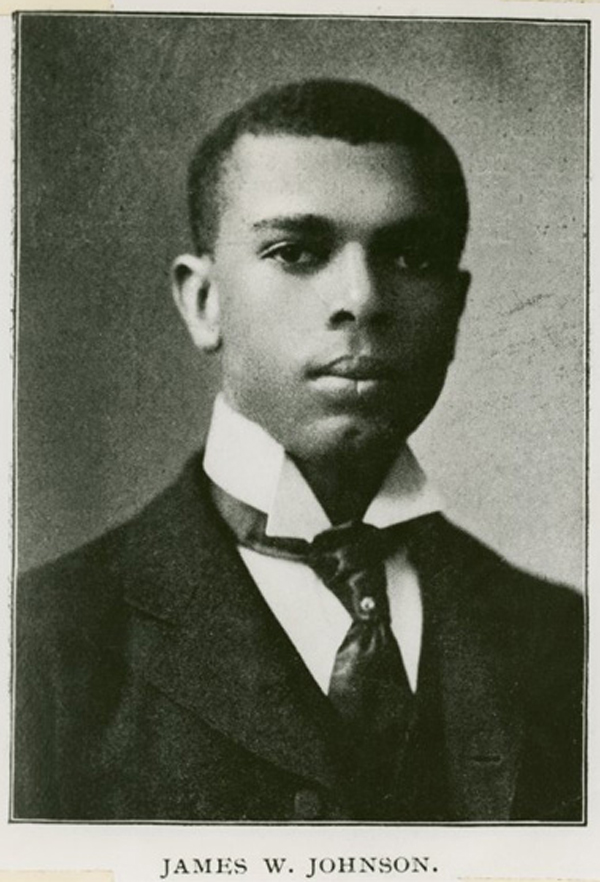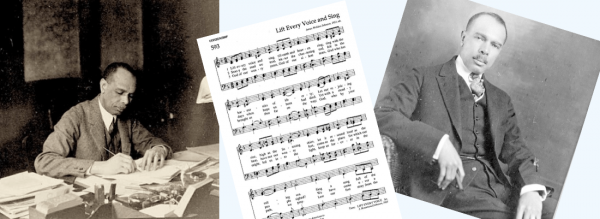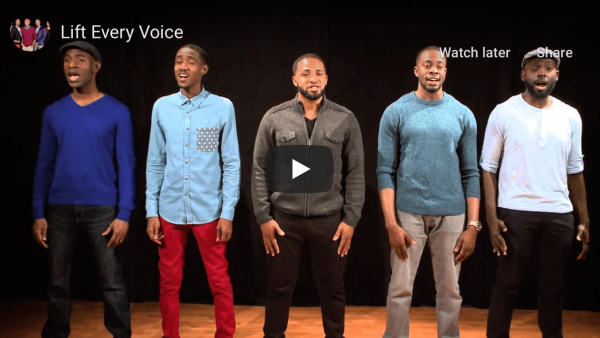The Getty Center tops our family’s list of favorite art museums. Living outside of L.A. for nearly five years, we made more return trips to “The Getty” than any other cultural destination in southern California. A highlight of one of our trips, our older daughter was able to hang her artwork she created in a “hands-on” exhibit that day on The Getty’s wall (I’m guessing for 24 hours or so). It was a thrill for our whole family, and probably as close as any of us will get to having our artwork hang on the wall of a famous museum.
This month at Do Not Depart is a theology month. Where we consider who God is and the difference His attributes make in our life. Specifically, we are considering how being made in the image of God impacts how we engage with a world rife with division and strife.
For we are God’s masterpiece. He has created us anew in Christ Jesus, so we can do the good things he planned for us long ago. (Ephesians 2:10, NLT)
Today, I want to look at the beginning of this verse. Yes, I know there is much to explore in the entire verse. but I just want to consider what it says about God that humanity is His masterpiece. Then, we’ll look at how what we learn about God informs how we engage with a world in tumult.
God is Original
Everything in Heaven and on Earth originated with God. In a series of Divine iterations, God created light, sun, moon, stars, sea, sky, land, plants, and animals. Everything we see and know about nature came from the mind and creativity of God— all original. Talk about unprecedented!
God was not satisfied with a mere garden. God completed his creation by forming man and woman (Genesis 2:7, 22). Increasingly more complex, what truly separates humanity from the rest of God’s creation is that we are made in His image.
So God created man in his own image, in the image of God he created him; male and female he created them. Genesis 1:27
God is Excellent
The imprinted imago Dei (image of God) sets us apart from other created things and attests to God’s excellence. Like the artist who signifies the completion of his/her artwork with a signature, God’s image emblazoned on us is His certification that we are His “masterpiece.” We are the crown of creation, the Magnum Opus of God’s world.
And God saw everything that he had made, and behold, it was very good. And there was evening and there was morning, the sixth day. Genesis 1:31
God is Collaborative
When I write about God, I am really writing about the Godhead: Father, Son and Holy Spirit. Each have always existed and were present at Creation.
Then God said, “Let us make man in our image, after our likeness. Genesis 1:26
Father, Son and Holy Spirit live in community with each other. They are diverse in works but unified in purpose. They collaborate to accomplish the Father’s will— a will that includes you, me, and the rest of humanity. Together they made a “masterpiece.”
What does this help me with today?
In making mankind in His image, God displays His originality, excellence, and collaboration. How does this help me engage with others in this troubled world?
Celebrate and Learn
When I know that everything in creation originated with God and came from His unending creativity, I can celebrate the diversity He has made. No matter if it is skin color, language, personality, or talent; I can celebrate what God calls “good.” Diversity can be a source of division, but I can build bridges of understanding to people who are different from me by seeking new experiences and exploring new relationships.
Recognize and Respect
Because I know humanity is the crown of God’s creation, I will work to see and remember that each person in my path is made in God’s image. Somedays Most days this is difficult! Our fallen natures get in the way, but the Holy Spirit can help us share a kind word, look people in the eyes, and listen without getting in the last word or having to be right.
Work Together
As I experience the collaborative work of Father, Son, and Holy Spirit in my life, I know the value of co-laboring. Side by side, working towards a common goal, this is a great way to see the imago Dei in action. Working together, adopting new ideas, encouraging the talents of others, unveils the masterpieces God created in the people around you.
You are God’s Masterpiece!
Yes, there is a tremendous amount of distress in the world today. Yes, the ultimate answer is Jesus. He ultimately redeems our fallen nature. Just as God’s story starts with creation, we can build Gospel relationships by starting with our common humanity. Consider the amazing work God did when He made you, and look for His imago Dei in those around you.


